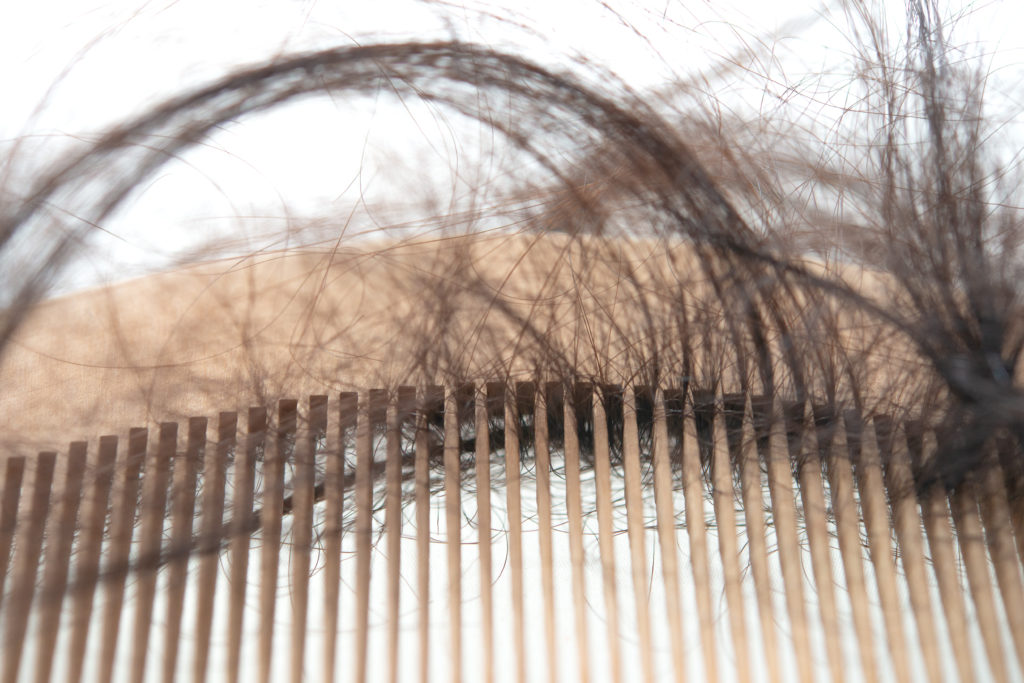
The human body is constantly shedding old hairs and growing new ones to replace them. Hair loss occurs when the balance of this cycle is disrupted and more hairs are lost than grow back. This is an issue that can affect both men and women. Hair loss is more common in men, affecting approximately 80% of all men over 50. However, hair loss in women occurs more often than most people realize, as a doctor who practices women’s hair loss treatment knows, such as Dr. Robin Unger. An estimated half of all women will experience noticeable hair loss during their lifetimes.
The pattern of hair loss tends to be different in men and women. While men experience a receding hairline, women are more likely to experience a widening part or hair loss from the sides of the head. Nevertheless, the underlying causes of hair loss are often similar between men and women.
Age
While hair loss in women can happen at any age, it is more likely to occur after the age of 40. Men are also more likely to experience hair loss with age.
Hormonal Changes
Fluctuations in hormones can cause hair loss in women. Such fluctuations may occur because of pregnancy, childbirth, or menopause. Hormonal changes can cause shrinkage of the hair follicles. This causes the strands of hair to be thinner, or finer, than they used to be. It also causes the hair to fall out more easily and grow back in more slowly.
Genes
Some people have a genetic predisposition towards hair loss. Therefore, if people in your family have experienced some balding, you may be more likely to have hair loss as well. If you are a woman, it is a clearer indicator if the women in your family have experienced hair loss than if there is hair loss among the men in your family, since hair loss is more common in men than in women.
Medications
Certain medications or toxic substances can affect the hair in the growth stage and cause hair loss. If the follicles themselves are damaged, this may be permanent. People undergoing cancer treatments typically lose their hair because of the toxic radiation and chemotherapy they are exposed to. Some other medications, such as gout treatments and blood pressure reducers, can also cause hair loss in women.
Hairstyles
Certain hairstyles that pull on the roots can cause hair loss. This is called traction alopecia and can occur with hairstyles such as cornrows, braids, and tight ponytails.
Because the causes of hair loss are similar in men and women, some of the same treatment options available to men can help women too. If you are a woman experiencing hair loss, contact our office to schedule a consultation with a hair transplant surgeon.
